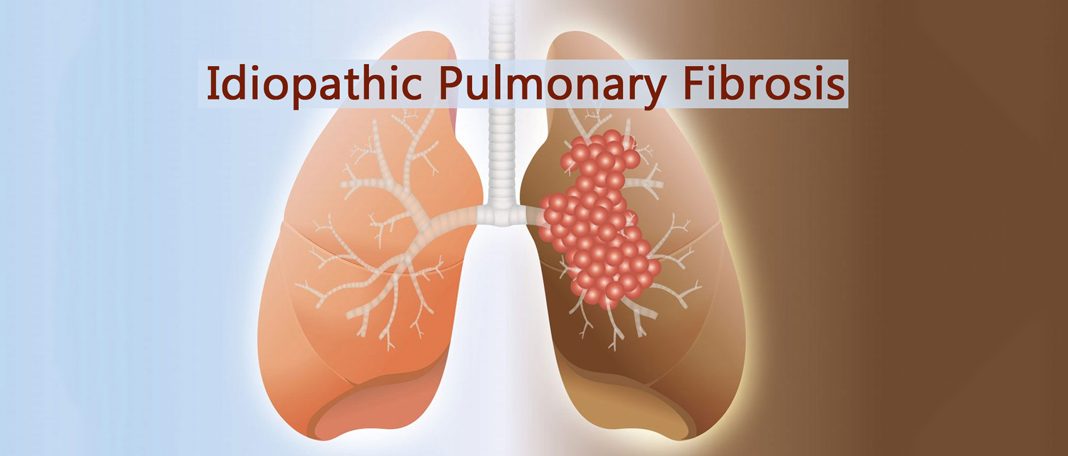Idiopathic pulmonary fibrosis (IPF) is a serious, but rare lung infection that causes fibrosis buildup and leads to difficulty in breathing. The cause of this disease is unclear, so it’s called idiopathic, which means unknown. This condition mostly causes breathing difficulty, however, it changes from case to case. Nearly 1,00,000 people are affected by Idiopathic pulmonary fibrosis around the world. Whereas in the U.S. approximately 100,000 people are primarily affected by the condition. Read on to know more about Idiopathic pulmonary fibrosis causes, symptoms and cure.
Idiopathic Pulmonary Fibrosis – Causes and Symptoms
The main cause of IPF is damaged or scarred alveoli. Alveoli is a tiny air sac that helps lungs and blood exchange oxygen and carbon dioxide while breathing in and breathing out. Damaged or scarred alveoli cause stiff lungs and make it difficult for the lungs to function. Idiopathic pulmonary fibrosis mostly affects people around 70 to 75 years of age.
This condition can be linked to –
- Smoking
- Acid reflux disease
- Genetics (up to 20% possibility)
- Exposure to pollutants and toxins
- Infections
- Radiation therapy
- Other medical conditions
Symptoms
Idiopathic pulmonary fibrosis signs include the following-
- Shortness in breathing
- Continuous dry cough
- Chest pain
- Tiredness
- Loss of appetite
- Weight loss
- Muscle ache/swelling
Test for Pulmonary Fibrosis-
How to Diagnose Idiopathic Pulmonary Fibrosis?
IPF can be diagnosed by-
- pulmonary function test or imaging test
- Chest X-ray
- Biopsy
- Spirometry
- Blood gas test
- Pulse oximetry
- High-resolution chest CT scans
Stages
There are four stages of pulmonary fibrosis prognosis: Mild, moderate, severe, and very severe.
Treatment of Idiopathic Pulmonary Fibrosis
At present, there is no treatment for IPF. But if you have IPF, do the following to stay healthy-
- Exercise regularly
- Stop smoking
- Eat healthily
- You can take oxygen therapy and pulmonary rehab
- If your condition is worse, your doctor may recommend a lung transplant.
Facts About Pulmonary Fibrosis Prognosis and Life Expectancy
Here are some facts that you need to know about pulmonary fibrosis-
- The life expectancy of pulmonary fibrosis is three to five years after diagnosis. It can expand if you treat it early.
- Each year, pulmonary fibrosis patients may experience an average loss of 150 to 200ml of lung capacity.
- Pulmonary fibrosis is currently incurable, but you can prevent more lung scarring.
- Ofev and Esbriet are FDA approved drugs that are used to cure the early stages of pulmonary fibrosis.
- People with this condition can also be affected by other health complications such as stroke, pulmonary embolism, lung infections, and heart failure.


















